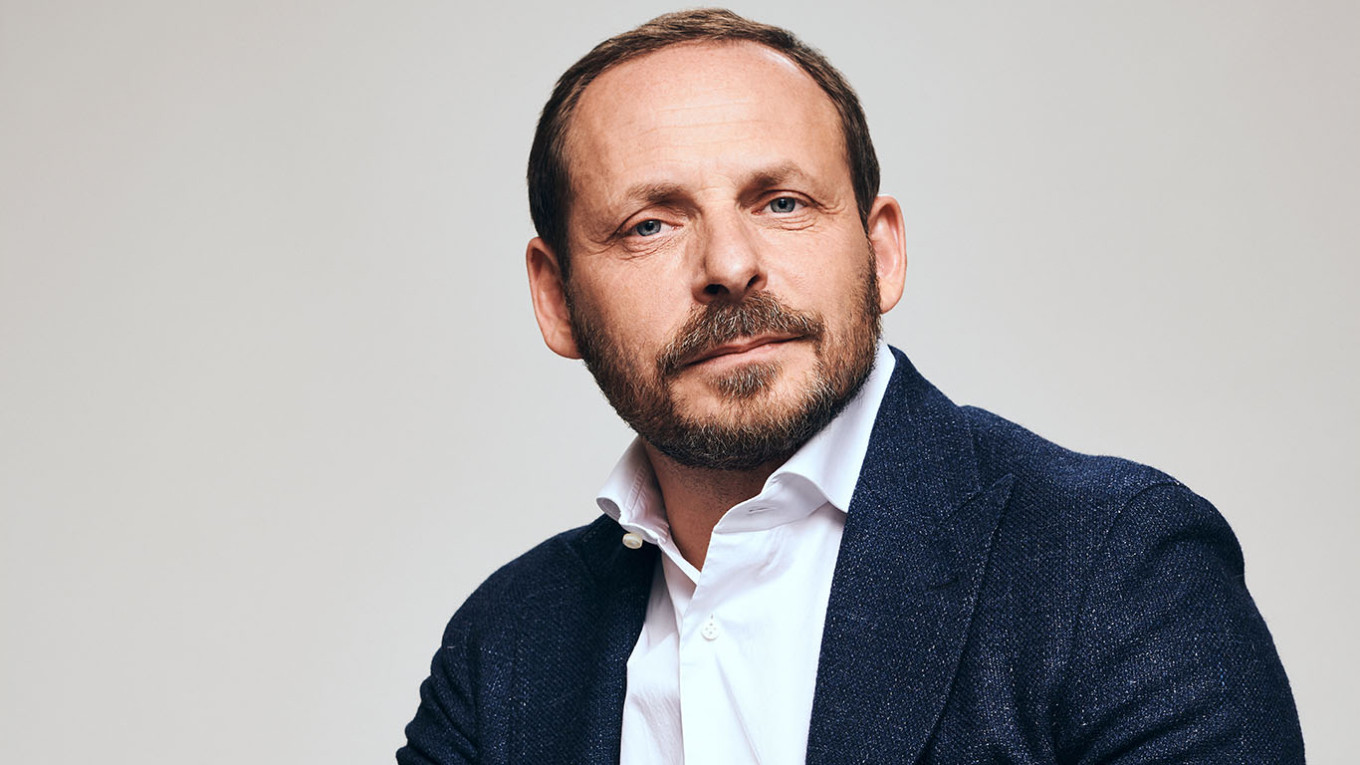A technology firm from the Netherlands, founded by Arkady Volozh, a billionaire and co-founder of the Russian internet powerhouse Yandex, revealed one of the most formidable supercomputers in the world on Wednesday.
This new system, referred to as ISEG2, made its entry this week, securing the 13th spot on the TOP500 list, which ranks supercomputers based on their performance globally.
“This positions ISEG2 as the most powerful commercially available system in Europe and the second most powerful supercomputer globally,” stated Nebius in a post on X.
The ISEG2 supercomputer is located at the Verne Global data center, situated on a decommissioned NATO facility in Iceland, and it operates entirely on hydroelectric and geothermal power.
It boasts a peak performance of 338.49 PFlop/s, exceeding the capacity of the most advanced Russian supercomputers by more than tenfold. For comparison, Yandex’s top-ranked system, Chervonenkis, performs at 29.42 PFlop/s and holds the 79th position on the TOP500 list.
Nebius’ inaugural supercomputer, ISEG, was launched in a repurposed Yandex data center close to Helsinki, Finland, and currently occupies the 39th position worldwide.
With its headquarters in the Netherlands, Nebius’ systems are officially attributed to the Netherlands in international rankings.
The company is also looking to expand its supercomputing operations to Israel, having received a grant of $135 million from the Israel Innovation Authority in May to establish one of its systems there.
Volozh moved from Russia to Israel in 2014 and stated in August 2023, over a year after the large-scale invasion of Ukraine, that he was “categorically against” the conflict.
In a January 2025 interview with Bloomberg, he explained that his hesitation to speak out sooner was partly due to his efforts to assist over 1,000 Yandex employees who wished to leave Russia and join Nebius.
After President Vladimir Putin publicly labeled him as a “talented person,” a comment interpreted by many as a potential threat in light of his anti-war stance, Volozh stated that he had engaged personal security for his protection.

